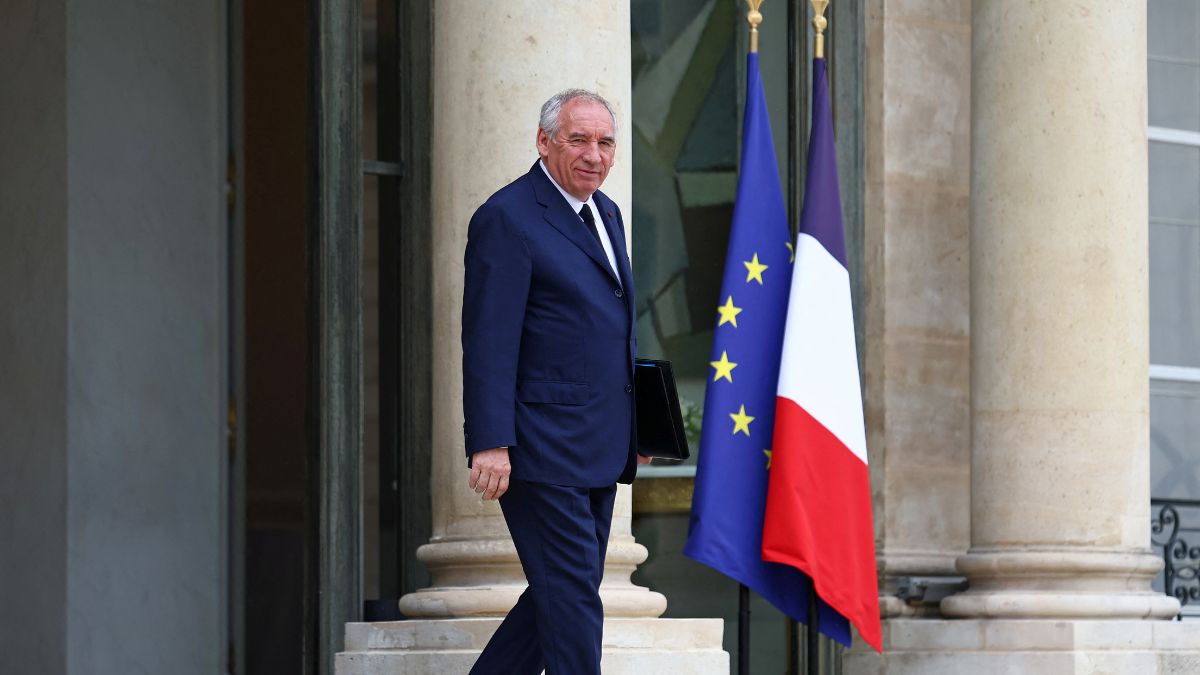French President Emmanuel Macron would likely seek his seventh prime minister next month as the incumbent, Francois Bayrou, appears set to be ousted.
In the face of a debt crisis, Bayrou has called a special parliamentary session on September 8 to hold a vote of confidence over his budget proposals. His government appears set to fall as parties across the spectrum —from far-right National Rally (RN) to far-left France Unbowed— have vowed to vote against him.
While the RN has called for the dissolution of parliament, France Unbowed has sought Macron’s resignation upon the collapse of Bayrou’s government.
Since December 2024, Bayrou has led a minority government, with his party, MoDem, holding just 36 seats in the 577-seat parliament. He became the Prime Minister of France after his predecessor, Michel Barnier, was ousted in a trust vote. He has run his minority government with support from Macron’s centrist coalition (166 seats) and external support from other parties on a case-by-case basis, including the far-right RN and Socialists.
However, the RN and Socialists have now joined the Greens and France Unbowed to announce they would vote against Bayrou in the upcoming trust vote.
What’s behind French political crisis?
French snap parliamentary elections last year produced a fractured mandate where no party and coalition secured a majority.
Against all pre-election predictions, the left-wing bloc New Popular Front (NFP) won the most seats, but Macron first appointed Michel Barnier from the right-wing LR party as the premier and then Bayrou from centrist MoDem.
As both of these parties ran minority government, they had to rely on external support to pass their proposals. Now, it appears that such support has collapsed over Bayrou’s proposals to tackle France’s debt crisis.
Impact Shorts
More ShortsFrance is facing a severe budget crisis and Bayrou has proposed a slew of measures that include spending cuts, job cuts, and holiday cuts. The proposals have been opposed by the extremists on both the right and left.
France’s public debt stands at around €3.346 trillion, which is around 114.1 per cent of GDP. For context, the budget deficit reached 5.8 per cent of GDP last year, nearly double the European Union’s (EU) ceiling of 3 per cent. Interest payments on the debt costs France €53 billion a year, which makes debt service the second-largest state expenditure after education.
Despite the scale of the crisis, the French parliament is unlikely to support Bayrou.
Bayrou would most likely be unseated in the vote of confidence, according to Mujtaba Rahman, the Europe Director at Eurasia Group.
“He sought to shock the French public and political system into facing the gravity of the country’s debt crisis but he may have changed little but the date of his own execution,” Rahman told AFP.
)